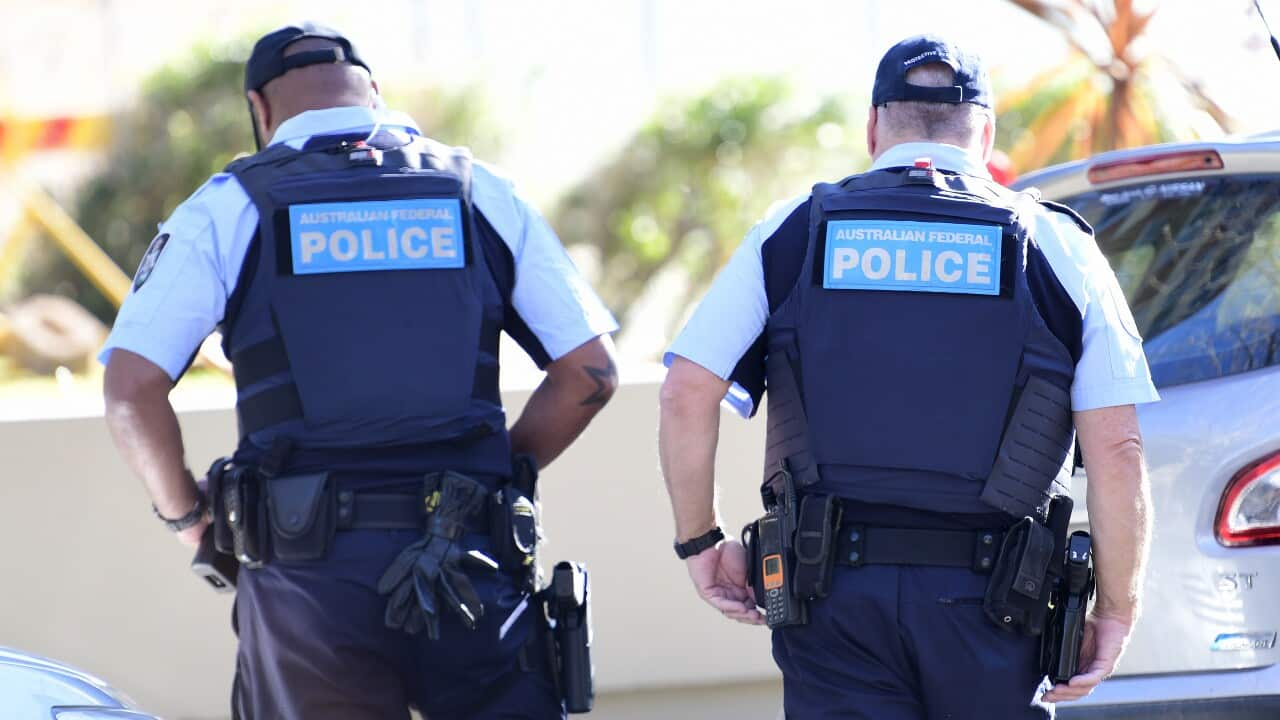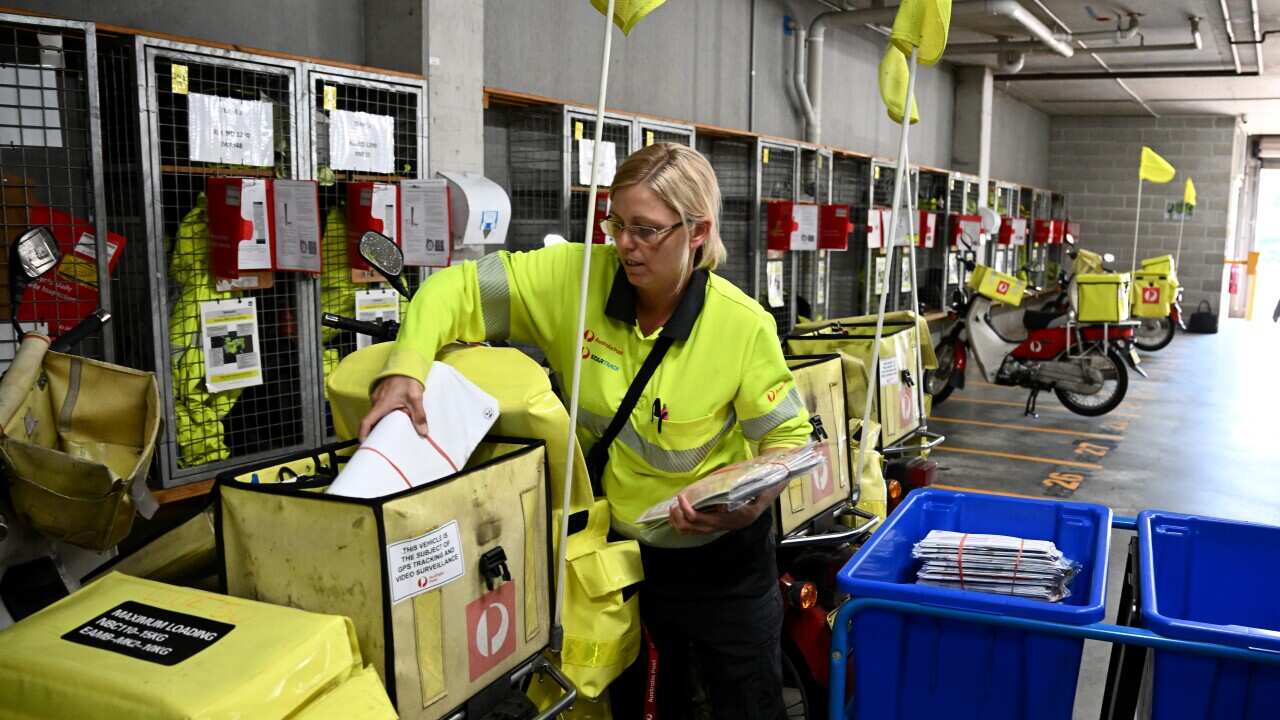Key Points
- The AFP will launch an information campaign on how to report foreign interference.
- Federal agencies are sounding the alarm over foreign attempts to target dissidents.
- The campaign will include information in over 30 languages, amid fears for diaspora communities.
Australians from migrant backgrounds are being urged to alert authorities if they’re being surveilled by foreign governments under a new campaign launched by federal police.
It comes as the federal government and Australia's domestic spy agency both sounded the alarm in recent weeks over cases of foreign interference in Australian politics and individuals being targeted by foreign agents.
The Australian Federal Police (AFP) has launched a new education campaign aimed at informing culturally and linguistically diverse communities about their rights and what to do if they believe they’re being targetted. It will inform them of ways to report instances of intimidation or harassment they believe may be directed by foreign powers.
The campaign will include a factsheet, to be translated into over 30 languages, and AFP community liaison officers tasked with engaging with diaspora communities on the ground.
How severe is the risk of foreign interference?
AFP special investigations commander Stephen Nutt said police were working closely with Australian intelligence agencies to counter what he said posed a "serious threat".
"Threats of foreign interference are not constrained to one sector of the Australian community, nor perpetrated by a single nation-state," he said.
"Foreign state actors that undertake hostile activity against other countries are creating and pursuing opportunities to interfere with Australians, from decision-makers at all levels of government, across a range of sectors, and our communities."

The AFP will rely on its community liaison officers to engage with diaspora groups across Australia. Source: AAP
Police are concerned investigations are hampered by people not reporting cases, partly driven by a lack of understanding of what foreign interference constitutes, particularly in communities from countries where it may not be an offence.
The AFP said the crime can manifest in a range of ways, from online disinformation campaigns to acts of physical violence against the target or their family overseas.
Police stress that for an offence to meet the legal definition of foreign interference, it must be carried out at the direction of a foreign power. Ultra-nationalists committing offences on their own accord would not fall under that definition.
Why are authorities so concerned about foreign interference?
, revealing critics of overseas regimes had been targeted by foreign intelligence agencies, sometimes with the intention of killing them.
Foreign interference was the central theme of ASIO director-general Mike Burgess' annual threat assessment update last week, the spy chief revealing it was being carried out in Australia by authoritarian regimes, but also countries typically considered friends of Canberra.
, by separate foreign intelligence agencies, aimed at harming Australian-based dissidents.
In one, Mr Burgess said the intention was to lure the target overseas where they could be "disposed of". In the other, he said a "lackey was dispatched to locate specific dissidents and – quote – 'deal with them'."
The spy boss said he was unconvinced "we, as a nation, fully appreciate the damage" the crime inflicts.
Home Affairs Minister Clare O'Neil also recently took the extraordinary step of naming Iran as the foreign power behind a plot involving a critic of the regime being surveilled in Australia and their home broken into.
"We have here someone living in our country who is being followed, watched, photographed, their home invaded by people at the direction of a foreign power," she said.
A Melbourne man became the first person charged under Australian foreign interference laws in late 2020, two years after they were passed.










